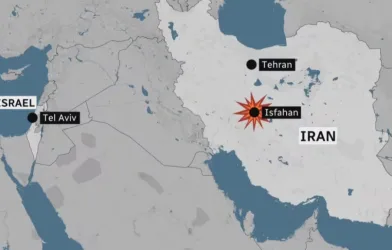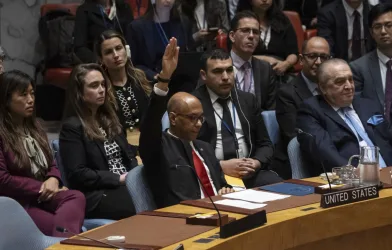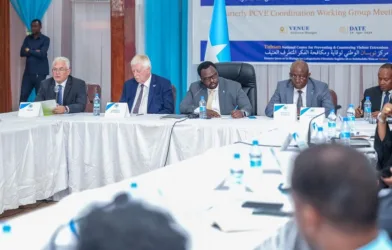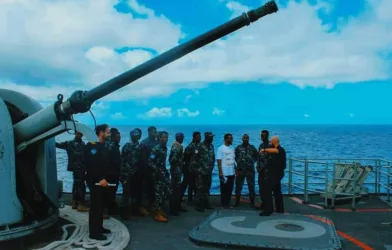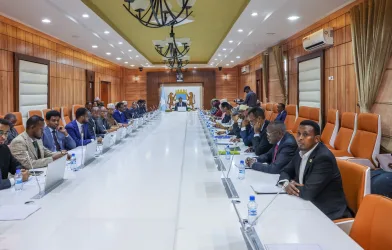 Somalia’s Federal government has reconfirmed its stance over the lawsuit filed to the United Nations’ International Court of Justice (ICJ) on the maritime border dispute with Kenya.
Somalia’s Federal government has reconfirmed its stance over the lawsuit filed to the United Nations’ International Court of Justice (ICJ) on the maritime border dispute with Kenya.
A Press statement from the Ministry of Foreign Affairs dismissed claims from the Kenyan government that both sides had agreed to settle the dispute outside the court.
‘’Somalia will not withdraw its lawsuit filed to the International Court of Justice which is based on the framework of the UN Commission on the Limits of the Continental Shelf (UNCLOS),’’ read the statement.
Somalia’s statement followed comments by the Kenya’s Foreign Minister claimed that Somalia had agreed to pursue arbitration outside the United Nation’s highest court which was preparing to start hearing the suit in a speech to the Parliament of the East African nation.
Last year, Somalia took its maritime border dispute with Kenya to the United Nations’ top court.
 The Kenya-Somalia dispute is over resources within and beneath the ocean floor. Unstated in the dispute is the desire to licence oil/mineral prospecting firms and the revenue that will come with the potential discoveries.
The Kenya-Somalia dispute is over resources within and beneath the ocean floor. Unstated in the dispute is the desire to licence oil/mineral prospecting firms and the revenue that will come with the potential discoveries.
Kenya wants the border ought to run along the latitudes of the Indian Ocean similar to how its border with Tanzania is aligned. However, Somalia wants the boundary to run perpendicular with the coast.
In 2009, Kenya and Somalia signed a memorandum of understanding that the border would run east along the line of latitude, but Somalia, which has lacked an effective central government since 1991, then rejected the agreement in parliament.
By prompting Somalia to enter into the MoU with it in 2009, Kenya was trying to meet a May 2009 deadline set by the UN Commission on the Limits of the Continental Shelf (UNCLOS), which required countries to submit agreements with neighbouring states on the limits and orientations of their maritime boundaries.
UNCLOS asks states with shared coastlines to agree on the extents of three different areas – their territorial seas, exclusive economic zones and continental shelves. Launched in 1982 and signed by 130 countries by 1994, UNCLOS seeks to establish the sea limits and sovereignty of states on the use of the sea and allows coastal countries to seek an extension of their exclusive economic zones beyond the 200 nautical-mile’ limit.
Despite the generally good relationship between Kenya and Somalia, there have been concerns that if these political tensions between the two countries are not resolved, they could escalate and culminate in a war.
Horseed Media
No withdrawal of Kenya case at ICJ – Somalia
Published: July 2, 2015


